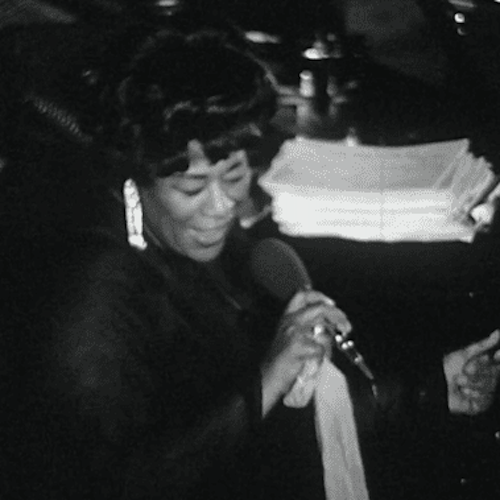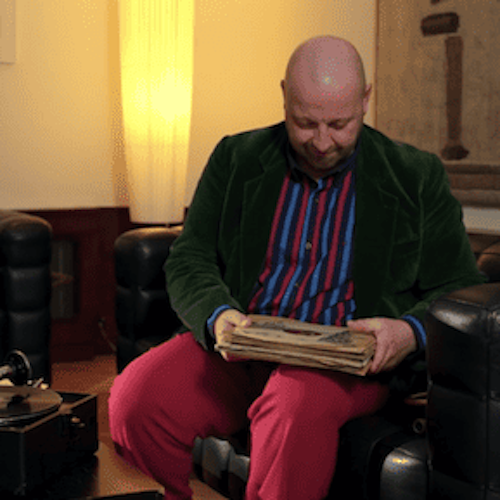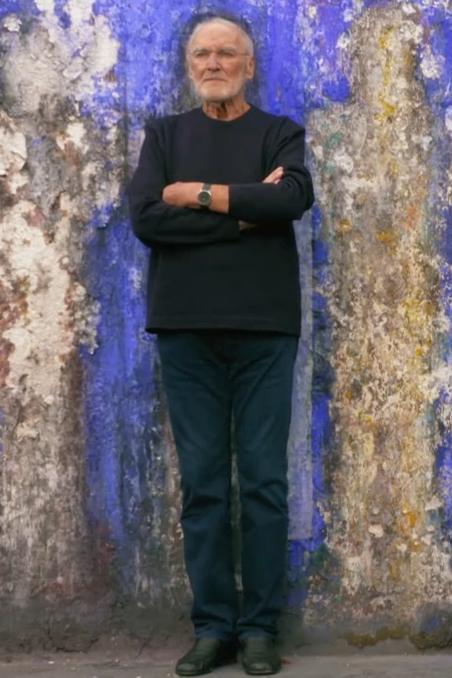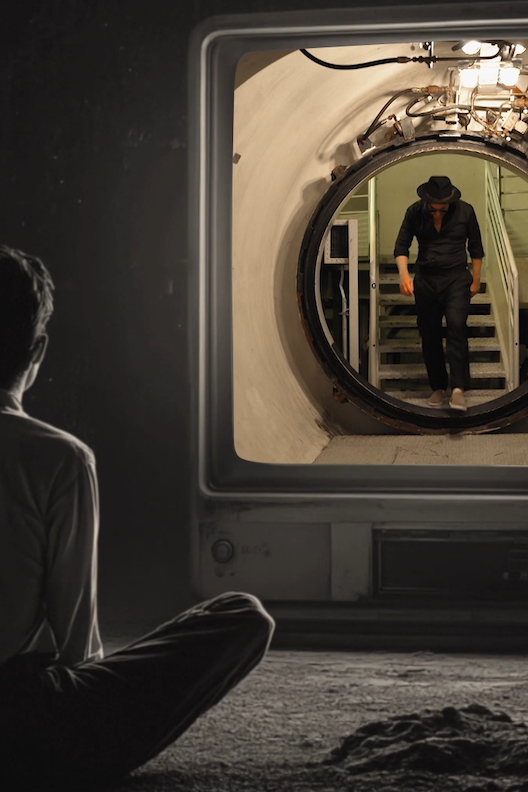The editing process
A wealth of archive material is fun and hard work in equal measure - the musical cuts with the archive material are what make a film like this special. The collaboration with Didi as creator and Andreas as an inexhaustible fountain of knowledge was extremely impressive for me.
The story
Jazz was banned in Austria during the Nazi era and came into the country after the end of the war, mainly through the American occupation forces after 1945. It soon became an important cultural force and is still an inseparable part of the local music world today. Unique archive material, interviews with musicians and contemporary witnesses as well as original music recordings trace the social phenomenon in Austrian post-war society.
How jazz contributed to cultural and social renewal and became a symbol of freedom and individuality is highlighted in the new film by Andreas Felber and Dietmar Petschl, which will be broadcast on International Jazz Day. (original german Text by ORF)
TV broadcasting: ORF 2 | orf.on
The film crew
Director: Andreas Felber, Dietmar Petschl | Camera: Bernhard Höfer, Mario Skrlec, Roman Wiehart | Sound: Franz Baier, Andreas Liu, Gary Maurer, Dieter Neuhaus | Picture dramaturgy and editing: Marlene Mayer | Post-production: Nicole Scharang, Gerald Singer | Grading: Kerstin Enne | Sound engineer: Florian Camerer | Speaker: Eszter Hollósi | Rights management: Brigitta Grossmann | Archive: Mia Donner, Robert Tauber | Production: Judith Hamberger, Valerie Clement, Daniel Riegler | editorial work: Siegfried Steinlechner | Broadcasting manager: Sharon Nuno | Head of ORF Topos: Gerald Heidegger | General manager: Martin Traxl
More Posts
Valentin Oman – Searching for Traces
The 39-minute portrait shows a 90-year-old man who has spent his entire life...
Sound and color – the reinvention of Parov Stelar
After seeing it for the first time, I probably learned more about myself...
Christmas markets – Who are the people behind the Christmas spirit?
100 images of glitter and magic are contrasted here with the...







